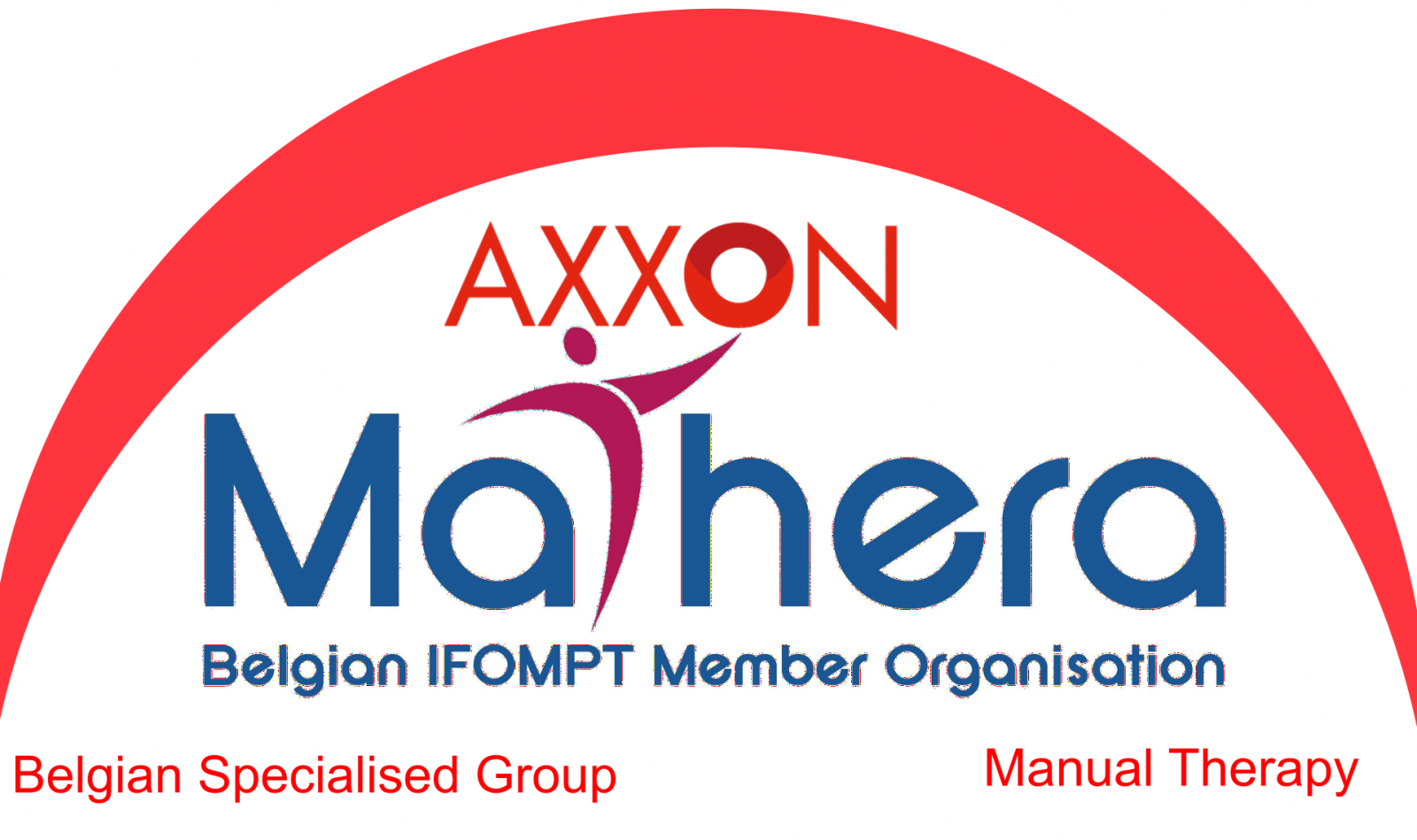Tasha Stanton (AUS) - Osteoarthritis: reconceptualisation our understanding and how to apply this
Adresse e-mail: Envoyez un e-mail à cette personne
Visitez le site Web
Osteoarthritis pain is often assumed to be driven solely by structural damage to the joint and surrounding tissues. However, pain levels hold a tenuous relationship with the degree of structural damage and people with severe osteoarthritis changes on imaging experience improvements in pain with exercise, in the absence of joint changes. Together, this suggests that we need to re-think such an assumption.
This interactive post-academical course, an ECMT2023 pre-conference course, will explore the contemporary understanding of osteoarthritis discussing evidence spanning pain science, systemic inflammation, and psychosocial contributors, supporting a need to reconceptualize how we think about osteoarthritis and pain, as well as how we manage it. This course will explore the multiple contributing factors to osteoarthritis progression and pain, discussing the implications of this knowledge for our treatment, including evidence for appropriate loading.
Learning goals:
- Discuss the beliefs about osteoarthritis that are commonly held by society, health practitioners, and consumers, that may prevent engagement in best practice care recommended by arthritis treatment guidelines (e.g., exercise);
- Explain the modern story of osteoarthritis, including the scientific evidence that challenges pervasive, but outdated, concepts such as ‘wear and tear’;
- Explain the concept of bioplasticity and how it relates to osteoarthritis and the management of osteoarthritis;
- Compare and contrast older ideas of osteoarthritis as a peripheral condition involving joint surfaces with modern ideas of osteoarthritis as a system wide process involving the whole body;
- Present a case for why certain beliefs held about osteoarthritis (e.g., exercise is bad for a vulnerable joint) are not supported by the current literature;
- Implement pain management strategies for osteoarthritis based on a modern understanding of the complexity of pain.
Additional information
- This course will be given in English
- This course is assigned by PQK with 8 accreditation points

